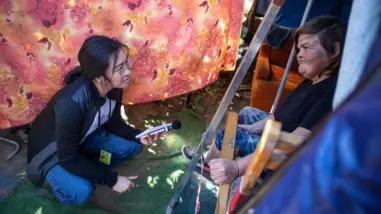Prison Communities International, Inc.
For General Operating Support
-
Amount$60,000
-
Program
-
Date Awarded8/20/2018
-
Term12 Months
-
Type of SupportGeneral Support/Organization
About the Grantee
Grantee Website
www.rta-arts.org



